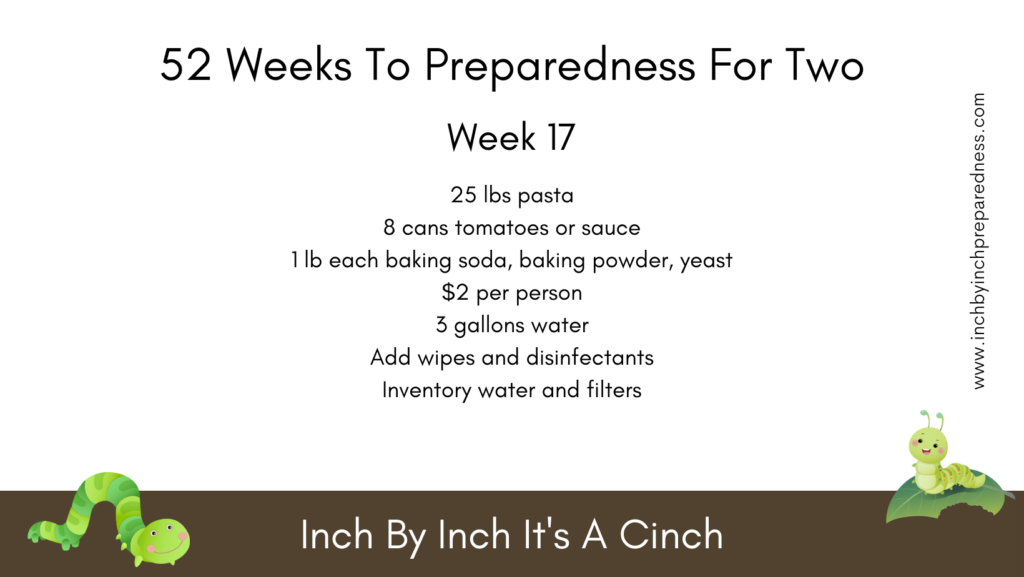Wood, coal, gas, oil, kerosene, and even candles are among these items which could be reserved as fuel for warmth, cooking, and light or power. It would also be well to have on hand some basic medical supplies to last for at least a year. I have seen a hungry woman turn down food for a spool of thread. I have seen grown men weep as they ran their hands through the wheat and beans sent to them. Ezra T Benson

Family Preparation:
There is an old wise saying: Eat it up, wear it out, make it do, or do without. Thrift is a practice of not wasting anything. Some people are able to get by because of the absence of expense. They have their shoes resoled, they patch, they mend, they sew, and they save money. They avoid installment buying, and make purchases only after saving enough to pay cash, thus avoiding interest charges. Frugality means to practice careful economy. James E. Faust
Emergency Preparedness list:
Add today to your 72 hour kit a list. This list is a “DON’T FORGET” list. Include all items that you need to remember to take with you but are using each day so they can’t be put into your kits. Tape it to the side of your kit securely so that it doesn’t peel off. The list should include things like keys, wallet, medications, special needs, recipe book, tent, sleeping bags, etc.
Write down beside each item where you can find it. In an emergency it is easy to forget even the simplest things. Also, if there is someone else helping you evacuate, they can easily find what they need by looking on your list. Since your kits will already be by your door, ready to go, you should need only a few minutes to quickly gather these items.

Food Storage Preparation:
Price recognition is important in food storage. Before you can take advantage of good deals, you need to be able to recognize them. Create a worksheet or list of items you are looking for, or commonly use. Begin to watch the flyers and check around to various places and start to track the prices and soon you will be able to pick out the good ones. And then when you learn to pick out the good deals, learn to buy them in bulk to stock up on items regularly used. Soon you will find that you “FOOD STORAGE SHOP”, not “grocery shop.” Then you start to see some real results in your home preparedness and it gets exciting.
Blackout?
How can you prepare for a blackout? Have some of these basic supplies on hand: candles, matches, lighters, lanterns, fuel for lanterns, batteries, and alternate cooking sources, like full propane tank for your barbecue.
During a blackout, turn off any appliances or electronics you were using, to avoid spikes or surges damaging equipment when the power comes back on. Leave one light turned on so you will know when the power comes back on. Leave your fridge and freezer closed as much as possible to keep things cold. Use your phones for emergencies only. Eliminate unnecessary travel because signal lights will not be working, and traffic congestion will happen. Remember to provide for your pets in blackouts. Put on layers of clothing. Never burn charcoal indoors. Have your supplies all ready, easily accessible.




